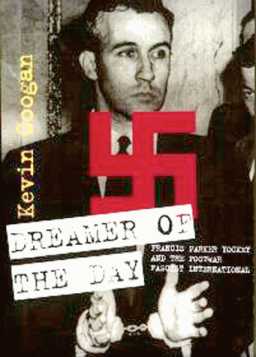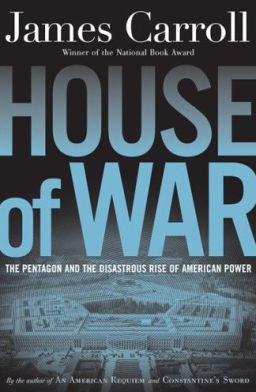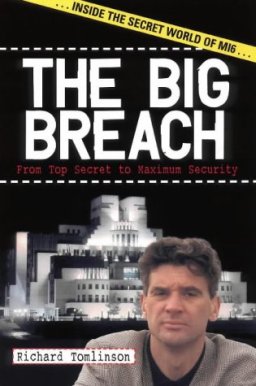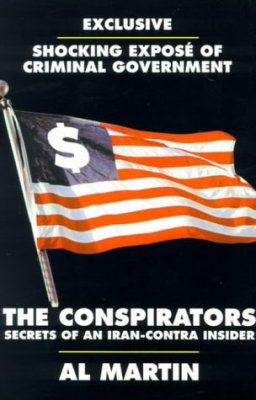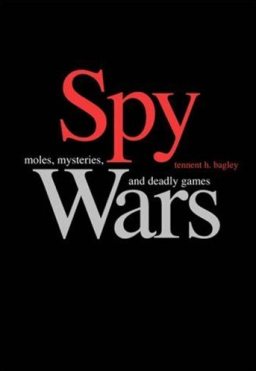Lobster Issue 39 (Summer 2000)
[…] to disappear from view is what made for such a protracted manhunt; and the book itself is a fascinating case study of how the FBI and related intelligence agencies interact to compile information and track their subject. As it is, Coogan’s biography at last centrally locates Yockey, and his importance to post-war fascism, by […]
Lobster Issue 31 (June 1996)
[…] of the party which found its voice within the Labour movement through Socialist Commentary and, more widely, through Encounter magazine, one of the wide range of Central Intelligence Agency-funded activities fronted by the Congress for Cultural Freedom from the early days of the Cold War. His perspective is one wholly, almost perversely, absent from […]
Lobster Issue 52 (Winter 2006/7)
[…] a huge book elaborating Bosch’s thesis. Around that core are subsidiary themes. One is a personal memoir. The author’s father was General Carroll, head of the Defence Intelligence Agency in the 1960s, and as a child the author played in the corridors of the Pentagon, turning against American power and militarism during the Vietnam […]
Lobster Issue 41 (Summer 2001)
[…] new SIS recruits were briefed by the then SIS chief McColl. One of the new recruits put the obvious question: ‘ “Sir, why do we have an intelligence service at all? There are countries more important on the world stage, with much more powerful economies, who have only small or nonexistent external intelligence gathering […]
Lobster Issue 31 (June 1996)
[…] the FBI and CIA. In many instances, these and other government agencies did everything possible to stop him, and others, from obtaining relevant information. Loftus commented: ‘ Intelligence agencies change their record-keeping procedures with astonishing rapidity. Only the file clerks who suffer through each of these reorganizations can track down and locate the cold […]
Lobster Issue 43 (Summer 2002)
[…] National Liberty Press, 2001, $14.95, ISBN 0-97-10042-0-X Alexander ‘Al’ Martin is a retired Lt. Commander in the US Navy, a former member of the Office of Naval Intelligence and a middle-ranking player in the thicket of scandals known as Iran-Contra. This might be the most startling book written about post-war American politics; and it […]
Lobster Issue 32 (December 1996)
[…] few years of American’s imperial twilight. As his investigations proliferated and he discovered the usual overlaps between the various threads he was working on – organised crime, intelligence agencies; what we might call, after Peter Dale Scott, deep politics – he began to perceive what he thought were signs of centralised control over large […]
Lobster Issue 54 (Winter 2007/8)
[…] and deadly games Tennent H. Begley London and New Haven: Yale University Press, 2007, h/b, £18.99 Begley was one of James Angleton’s allies in CIA counter intelligence and this book is the Angletonian view of the Nosenko case, one of the touchstones or causes célèbres of the CIA in the post-war era. Briefly, […]
